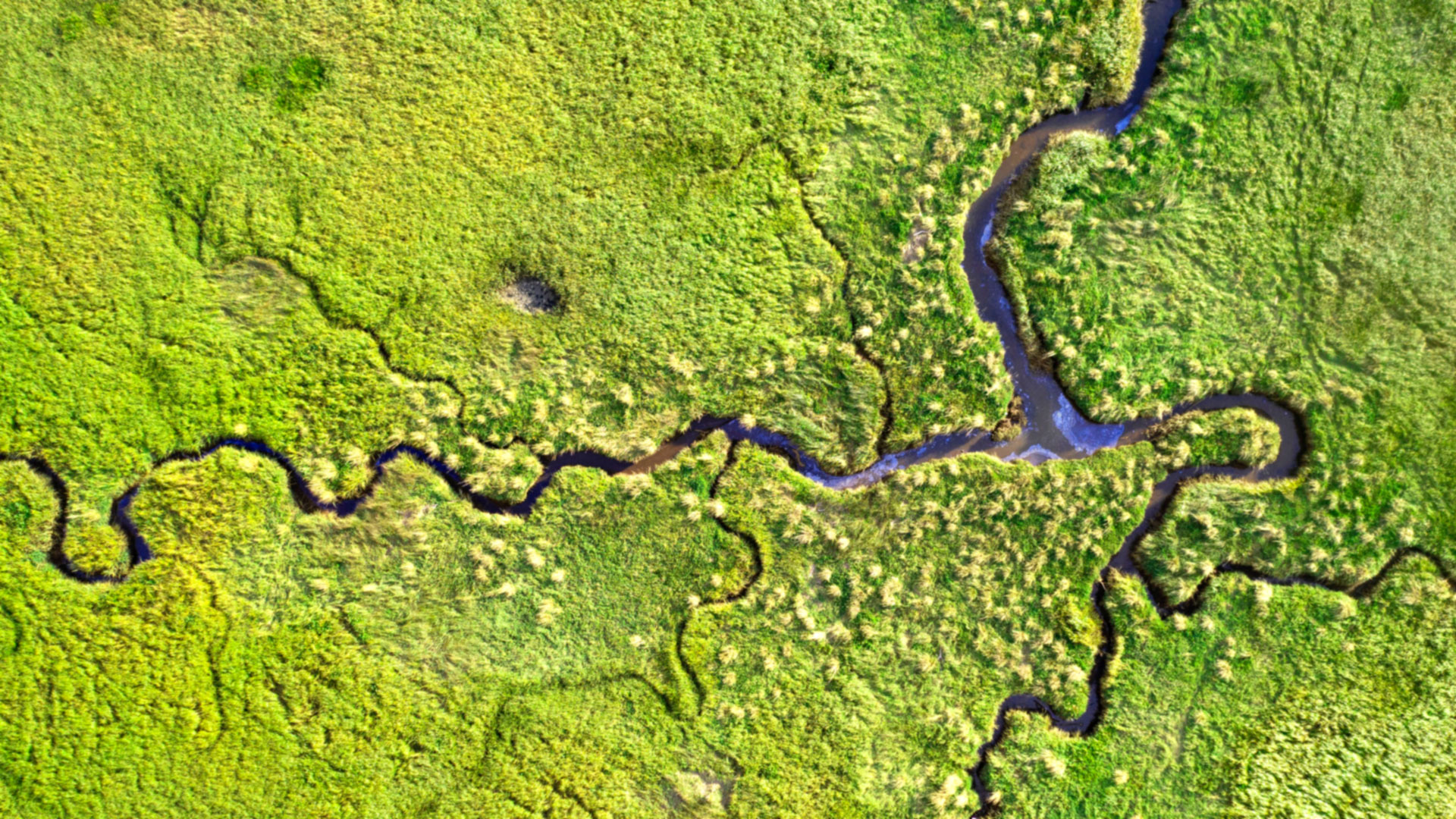What are the main reasons for the failure to sanction the Wetlands Act? What initiatives other than a law might be promoted to guarantee the conservation of Argentina’s wetlands? Who are the different stakeholders involved? These are some of the guiding questions that this study seeks to answer. It was created to understand an urgent problem that has had major repercussions in recent years. In addition to the need to respond to these pressing concerns, the wetlands issue highlights one of the most fundamental aspects of development in Argentina: the management of natural resources.
Argentina’s Congress has been debating the conservation and sustainable use of the country’s wetlands for some time. The paper identifies the key points in the legislative debate, based on a survey of the main stakeholders involved. It puts forward alternative management models with the specific objective of providing information for anyone wishing to know more about the issue and the nature of the debate (civil society, legislators, and policymakers).
Although perceptions of the importance of nature in preserving human well-being have changed, ecosystem loss is a reality. Approximately 64% of the world’s wetlands are estimated to have disappeared in the last decade, leading to the loss of the largest carbon reservoirs on Earth. This is not just a matter of animal and plant species disappearing, but also of damage to the valuable ecosystem services that wetlands provide, including flood control, freshwater supply, groundwater recharge, and natural carbon storage.
This document highlights the importance of wetlands in Argentina, focusing on the ecosystem services they provide. An analysis of the effectiveness of existing regulations relating to the management and conservation of wetlands reveals the need for a law on the minimum requirements for protecting these ecosystems. The failed attempts to pass such a law and the shift in the public debate on the issue point to a series of lessons and contributions to the debate. Taking this as a starting point, the paper identifies five main areas that the articles in the bill focus on and that have sparked tension and disagreement among stakeholders. Likewise, while the process of obtaining legal protection is important, a series of instruments and practices for sustainable wetland management on different scales need to be implemented in parallel to guarantee the conservation and rational use of these ecosystems.
It is the authors’ conviction that the process of debating and implementing environmental public policies should be approached from a binary perspective but rather by using a participatory, pluralistic approach. The effectiveness of any legislation depends on how it is actually implemented. Debates on this matter should lead to the design of an instrument that meets the proposed objective and conceives of the law as a means rather than as an end in itself.

